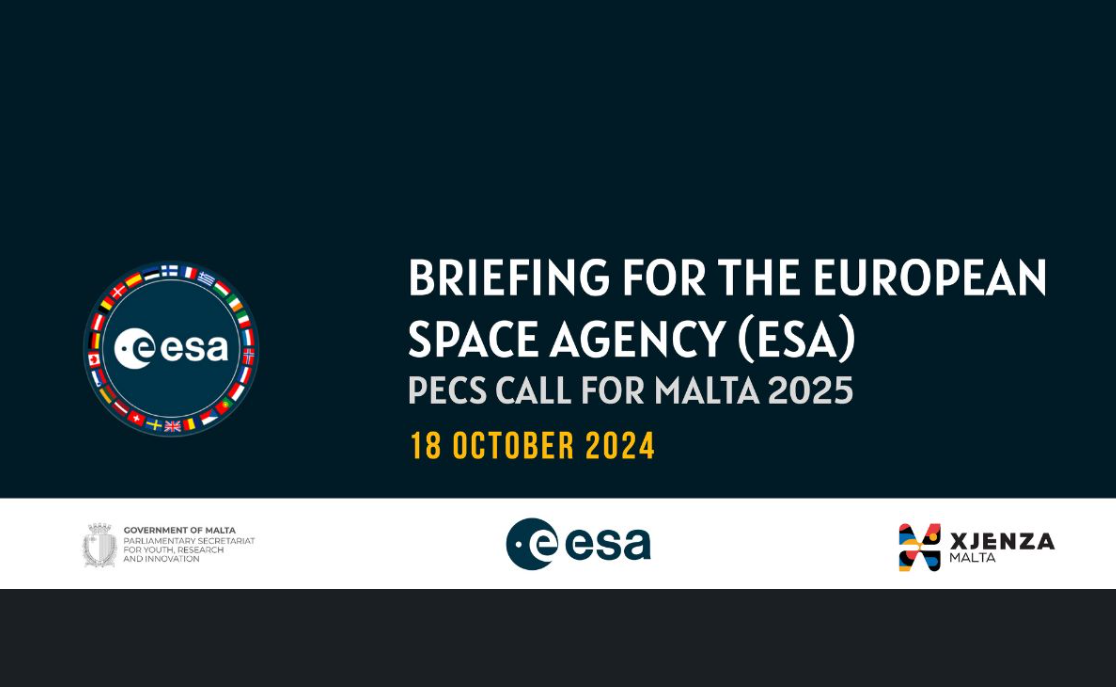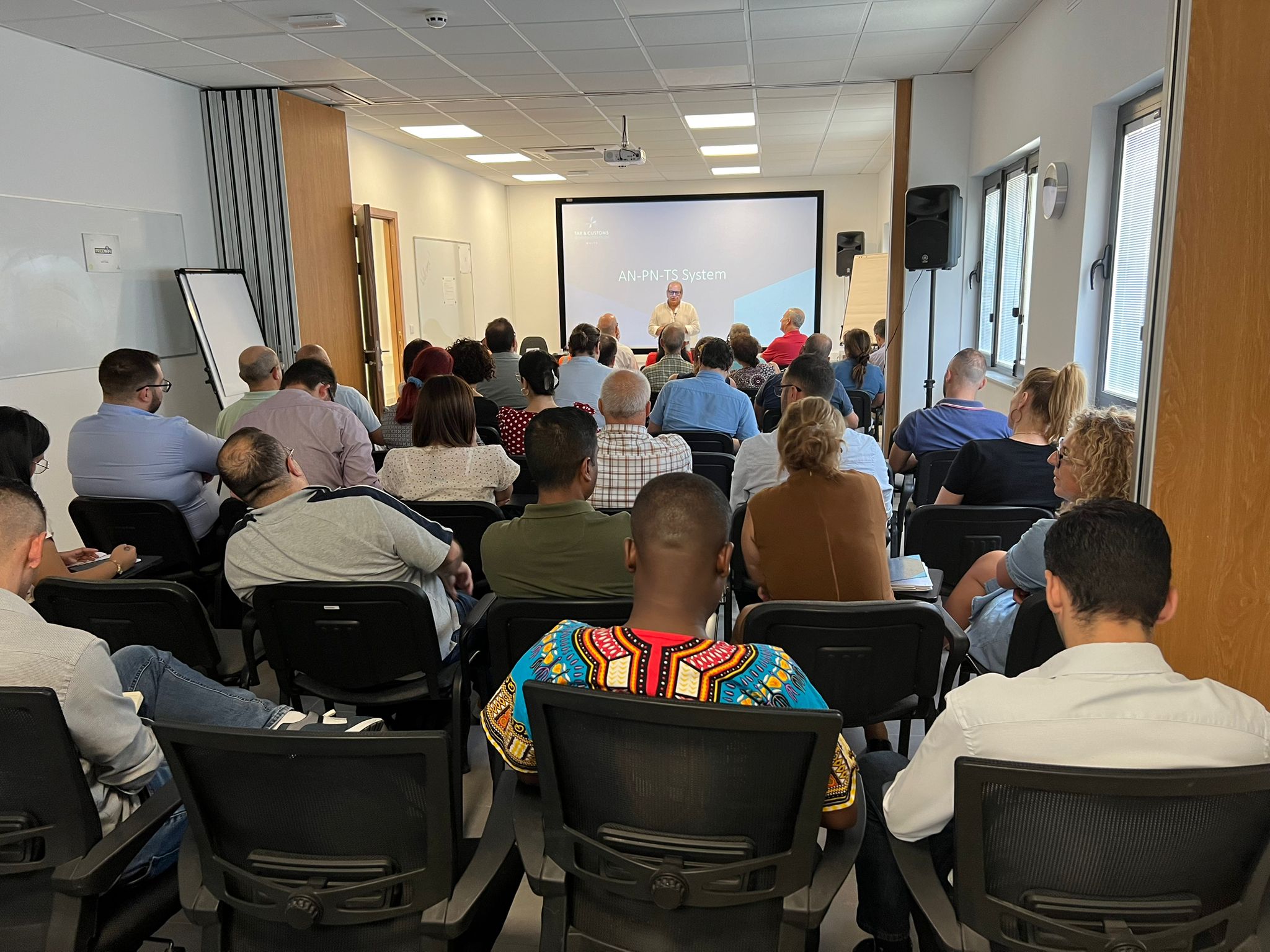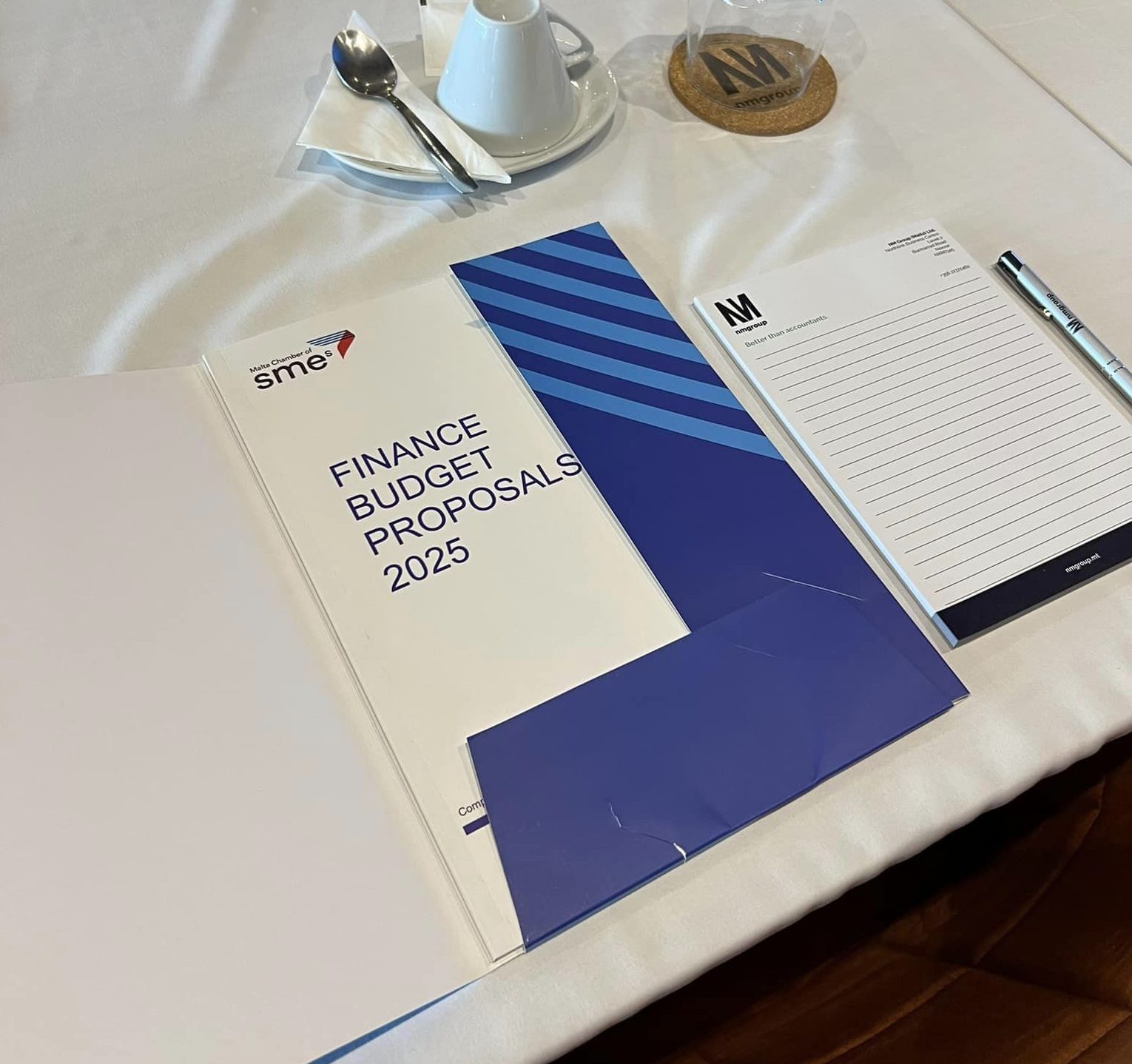
Employee engagement is a crucial factor in the success of any business, and it holds particular importance for Small and Medium Enterprises (SMEs). SMEs often rely on smaller, close-knit teams, meaning employee motivation and satisfaction have a more immediate impact on performance. Employee engagement surveys are essential tools for measuring and improving this aspect of workplace dynamics.
Employee engagement reflects the emotional commitment employees have to their organisation and its objectives. For SMEs, where resources may be limited, the impact of engaged employees is significant. Engaged workers tend to be more productive, contribute to a positive work culture, and show more loyalty, resulting in lower turnover rates. For SMEs, the cost of hiring and training new employees can be substantial, so retaining talent is critical.
Moreover, employee engagement drives customer satisfaction. In SMEs, where employees often interact directly with clients, having a motivated and engaged team can lead to better customer service, which is vital for maintaining a competitive edge in the market. Engaged employees are also more likely to contribute to innovation and problem-solving, helping the business stay agile in a rapidly changing business environment.
Conducting employee engagement surveys allows businesses to understand how employees feel about their work environment, leadership, job satisfaction, and overall well-being at work. For SMEs, these surveys can provide a snapshot of workplace morale and identify areas where improvement is needed.
While large organisations often have the resources to conduct complex and wide-reaching engagement surveys, SMEs may face challenges in this area. Limited budgets, smaller teams, and less specialised HR resources can make it difficult for SMEs to regularly assess employee engagement. However, the benefits of conducting these surveys are immense as they provide actionable insights that can lead to improved performance.
One of the most effective ways SMEs in Malta can assess their employee engagement is by using the a local engagement benchmark, which offers valuable local insights. misco, a leading HR services provider in Malta, has developed a benchmark survey based on local data, which allows businesses to compare their employee engagement levels with others in the country. This local context is particularly important, as it reflects Malta’s unique labour market dynamics and cultural factors.
This benchmark provides insights, allowing SMEs to compare themselves with businesses in the local context. This is invaluable in identifying both strengths and weaknesses in employee engagement. For example, an SME might learn that its employees are more satisfied with work-life balance but feel underaccomplished when it comes to career development opportunities.
SMEs can use such surveys effectively by following a structured approach. First, they should define the objectives of their survey, ensuring they focus on areas most critical to their business. After conducting the survey, the results should be analysed in relation to the MISCO benchmark. This comparison will highlight areas needing improvement and help SMEs develop action plans that address specific issues, such as management communication or job satisfaction.
Sharing survey results with employees and communicating the action plan demonstrates that their feedback is valued, further boosting engagement. Finally, SMEs should monitor progress and conduct follow-up surveys to assess the impact of any changes made.
For SMEs, fostering employee engagement is key to building a motivated, productive, and loyal workforce. By conducting regular engagement surveys and using tools like engagement benchmarks, SMEs can ensure they are not only addressing employee needs but also staying competitive in their local market. The insights gained from engagement surveys can guide actionable improvements that enhance overall business performance.

















